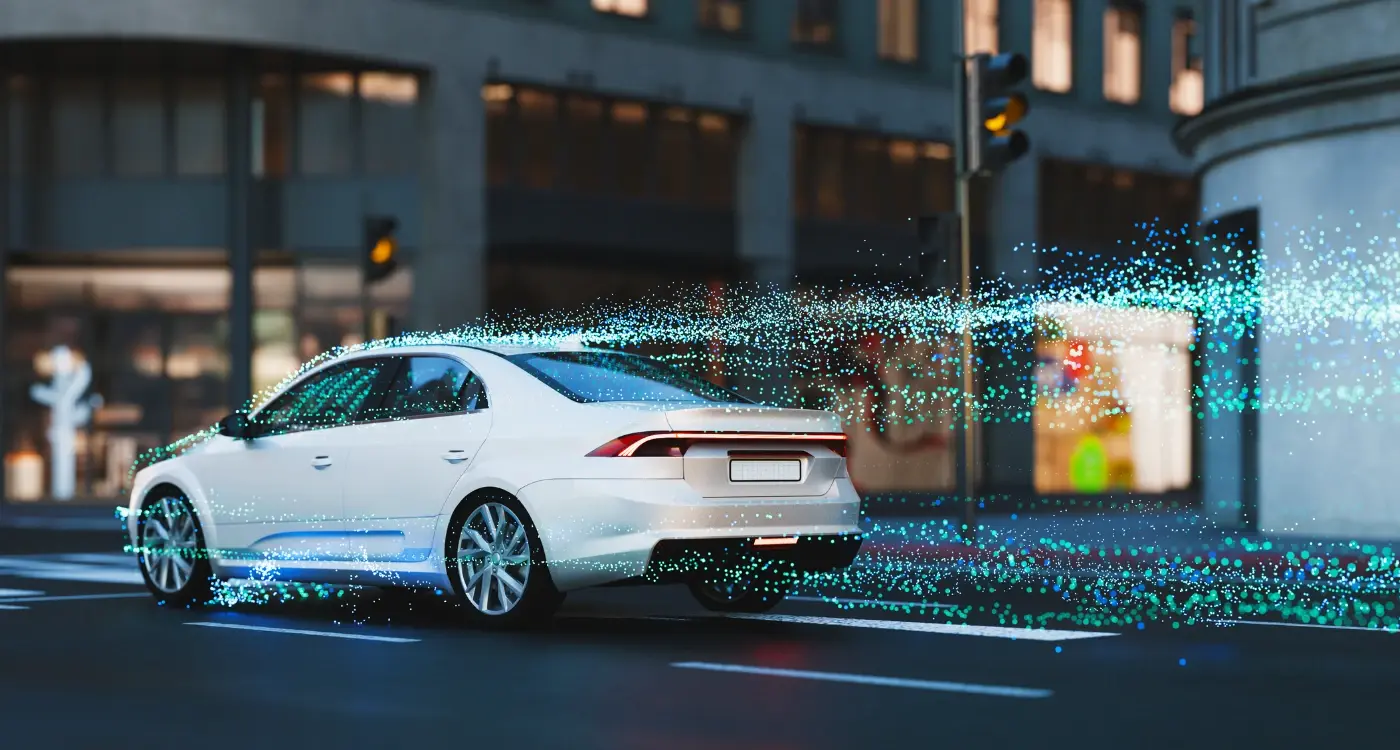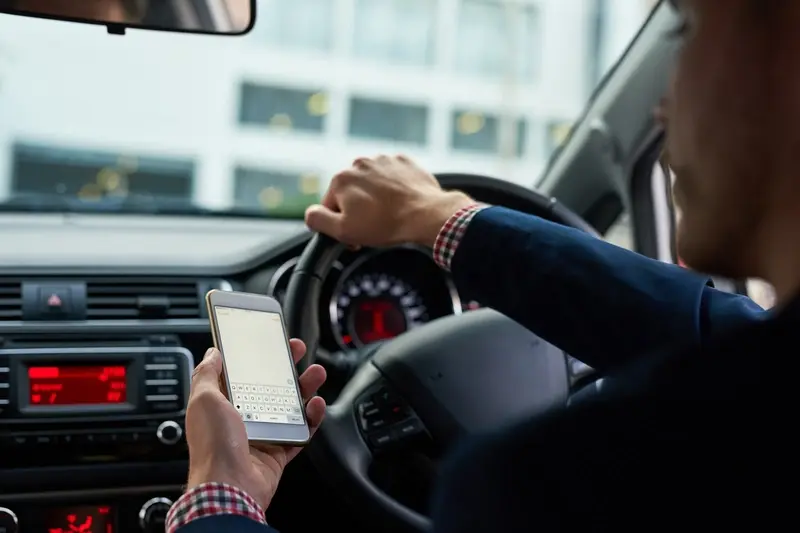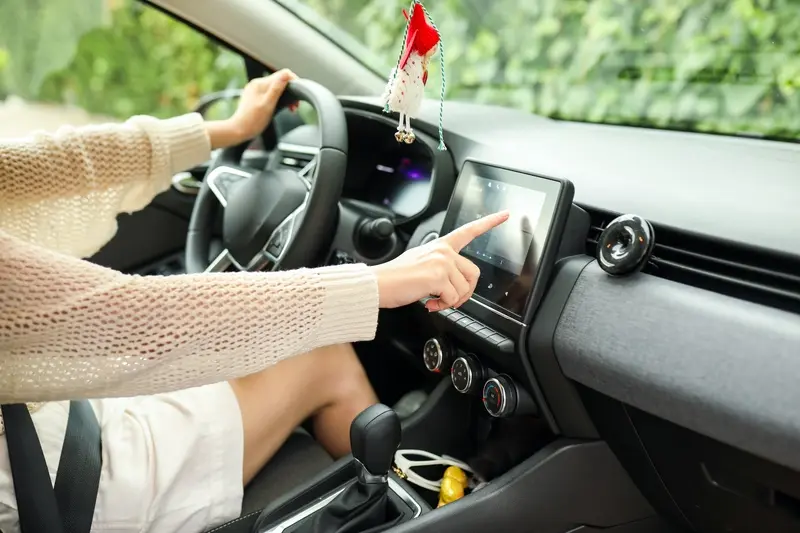What Security Concerns Come With Automotive Apps?
Every day, millions of drivers start their cars and connect their phones without thinking twice about the invisible networks linking their vehicle to the outside world. Modern car apps can unlock doors remotely, track driving habits, and even start engines from thousands of miles away—but this convenience comes with serious security risks that most people never consider. These applications create digital doorways into some of our most personal spaces, yet vehicle cybersecurity remains one of the most overlooked areas of digital protection.
The automotive industry has rapidly transformed from mechanical engineering to software development, and frankly, the security practices haven't always kept pace. Car apps now handle everything from payment processing for fuel to real-time location tracking, creating multiple entry points for cybercriminals. What makes this particularly concerning is that unlike your phone or laptop, your car can't simply be switched off and rebooted when something goes wrong.
The modern vehicle is essentially a computer on wheels, and every app connection represents a potential security vulnerability that needs proper protection
Throughout this guide, we'll explore the specific threats facing automotive safety in our connected world. From data breaches that expose your daily routines to network attacks that could potentially affect vehicle operation, understanding these risks is the first step towards protecting yourself and your family.
Common Security Threats in Car Apps
Car apps face some pretty serious security challenges that most people don't even think about. I've worked on automotive projects before and the threats are quite different from your typical mobile app—we're dealing with vehicles that can literally put lives at risk if something goes wrong.
The biggest worry is remote hacking. Bad actors can potentially take control of your car's systems through poorly secured apps. They might access your brakes, steering, or engine controls. Scary stuff, right? Then there's location tracking—car apps know exactly where you are at all times, making them goldmines for stalkers or thieves who want to know when you're not home.
Main Security Risks
- Remote vehicle hijacking through app vulnerabilities
- Personal data theft including location history and driving patterns
- Unauthorised access to connected garage doors and home systems
- Man-in-the-middle attacks on wireless communications
- Malware injection through compromised app updates
Car apps also store loads of personal information—your home address, work location, favourite restaurants, and daily routines. If this data gets into the wrong hands, criminals can build detailed profiles of your life. Some apps even connect to your home systems, so a breach could give attackers access to your garage door or house security.
Data Privacy and Personal Information Protection
When you're using car apps, you're sharing more personal information than you might realise. These apps often collect data about where you drive, when you travel, your favourite routes, and even your driving habits. Think about it—your car app knows if you speed, brake hard, or take the scenic route home from work every Friday.
The problem comes when this data isn't properly protected. Vehicle cybersecurity becomes a real concern because hackers can potentially access your location history, personal contacts, and even predict when you're not home. Some car apps store this information on servers that might not be secure enough, leaving your data vulnerable to theft.
What Personal Data Are Car Apps Collecting?
Most automotive safety apps collect your GPS location, driving patterns, phone contacts, and sometimes even voice recordings. They might also access your calendar to suggest routes or your music preferences. The scary part? Some apps continue tracking even when you're not actively using them.
Always check what permissions car apps are requesting before installing them. You can usually disable location tracking when the app isn't in use through your phone's privacy settings.
The good news is that you can take control of your data. Most modern car apps allow you to limit what information they collect, and you can often delete your data history whenever you want.
Network Vulnerabilities and Wireless Communication Risks
Car apps rely heavily on wireless connections to work properly—they're constantly chatting with servers, downloading maps, and sharing data with other systems. This creates a whole host of security problems that many developers don't think about until it's too late.
The main issue is that wireless signals can be intercepted. When your car app sends information over Wi-Fi or mobile networks, hackers can sometimes "listen in" on these conversations. They might steal login details, personal information, or even commands meant for your car. It's like having a private conversation in a crowded room where anyone could be eavesdropping.
Common Network Attack Methods
Hackers often target weak network connections using something called "man-in-the-middle" attacks. They position themselves between your app and the server, pretending to be the legitimate service. Your app thinks it's talking to the real server, but it's actually sending everything to the hacker first.
Another popular method involves setting up fake Wi-Fi networks with names like "Free Car Park Wi-Fi" or "Motorway Services". When users connect their phones, the hackers can monitor all the data flowing through these connections—including anything your car app might be sending or receiving.
The scary part? Most of this happens completely invisibly. Users have no idea their data is being stolen.
Physical Device Security and Access Control
When we talk about car apps and vehicle cybersecurity, we can't ignore the elephant in the room—your phone or tablet is sitting right there in your car, completely exposed. Unlike your home computer that sits safely on a desk, mobile devices in vehicles face unique physical threats that most people don't think about.
The biggest risk? Someone getting their hands on your unlocked device while you're away from your car. Maybe you've left it charging in the cup holder, or it's fallen between the seats. If your automotive apps don't have proper security measures, anyone can access your vehicle controls, location history, and personal driving data.
Lock Screen Protection
Smart car apps should never rely solely on your phone's lock screen for security. The best ones require additional authentication—like a PIN or biometric scan—before letting you start the engine or unlock doors. This creates a second line of defence if someone bypasses your phone's security.
Physical access to a device often means game over for security, which is why automotive apps need multiple layers of protection
Many modern car apps now include automatic logout features and proximity sensors that detect when you're away from your vehicle. These features might seem like a nuisance, but they're your best protection against unauthorised access to your car's systems.
Third-Party Integration and API Security Risks
Most automotive apps don't work alone—they connect to other services and systems to give you the features you actually want. Think about it: your car app might connect to Google Maps for navigation, Spotify for music, or your phone's contacts for hands-free calling. These connections happen through something called APIs, which are like doorways that let different apps talk to each other.
Here's where things get tricky though. Every time your car app connects to another service, it creates a new way for hackers to potentially get in. If that music streaming service has weak security, hackers might use it as a stepping stone to access your car's systems. It's like having multiple locks on your front door but leaving the back door wide open.
When Third Parties Go Wrong
The biggest risk comes from something called "supply chain attacks." This happens when hackers target a third-party service that lots of apps use, rather than attacking each app individually. Once they're in that service, they can potentially access all the apps connected to it—including your car's systems.
Another problem is that app developers often don't check how secure these third-party services are before connecting to them. They assume everything is safe, but that's not always the case. Some services might store your data in unsafe ways or have poor password protection.
User Authentication and Account Protection
Car apps handle some pretty sensitive stuff—your location, driving habits, and sometimes even your credit card details for parking payments. That's why protecting user accounts is absolutely critical for automotive safety and vehicle cybersecurity.
Most car apps use basic username and password combinations, but frankly, that's not enough anymore. Multi-factor authentication should be standard; I always recommend it to clients because it adds that extra layer of security that hackers find much harder to crack. Think about it—even if someone gets your password, they'd still need your phone to complete the login.
Account Recovery and Session Management
Password reset processes in car apps need special attention. You can't have someone easily taking over an account that controls vehicle functions! Secure recovery methods using verified email addresses or phone numbers are non-negotiable.
Session timeouts are another big one. Users shouldn't stay logged in indefinitely, especially on shared devices. I've seen apps where someone could access another person's car controls days after they last used the app—that's a security nightmare waiting to happen.
Always enable automatic logout after periods of inactivity in car apps, and never save sensitive vehicle access credentials on shared or public devices.
Strong authentication isn't just about keeping hackers out; it's about protecting the physical safety of drivers and their vehicles.
Best Practices for Secure Automotive App Development
After working with automotive clients for years, I've learnt that building secure car apps isn't just about following a checklist—it's about thinking like an attacker whilst coding like a defender. The stakes are higher when your app controls something that weighs two tonnes and travels at 70mph!
Start with secure coding practices from day one. Use encrypted communication protocols for all data transmission between your app and the vehicle's systems. Never store sensitive information like location data or personal details in plain text. I always tell my development team: if you wouldn't want your grandmother's browsing history exposed, don't leave user data vulnerable.
Core Security Principles
- Implement multi-factor authentication for all user accounts
- Use end-to-end encryption for all vehicle communications
- Regular security audits and penetration testing
- Secure API endpoints with proper authentication
- Apply the principle of least privilege to user permissions
- Keep third-party libraries updated and vetted
Regular security testing should be part of your development cycle, not an afterthought. Schedule penetration testing at least quarterly and monitor your app's behaviour continuously. Remember, hackers don't take holidays—and neither should your security measures.
Conclusion
After years of working with automotive clients, I can tell you that vehicle cybersecurity isn't something you can just tack on at the end of development—it needs to be baked into every part of your car apps from day one. The threats we've covered in this guide are real and they're happening right now to drivers around the world.
What strikes me most about automotive safety is how interconnected everything has become. Your car app doesn't just control the radio anymore; it's connected to your engine, your brakes, your personal data, and potentially millions of other vehicles on the road. One weak point in your security can cascade into something much bigger.
The good news? Most of these security concerns can be prevented with proper planning and the right development approach. Strong encryption, regular security audits, secure authentication, and careful third-party integration aren't just nice-to-haves—they're absolute necessities for any modern automotive application.
As the automotive industry continues to evolve, so will the threats. But if you follow the practices we've outlined and keep security at the forefront of your development process, you'll be well-positioned to build car apps that users can trust with their safety and their data.
Share this
Subscribe To Our Learning Centre
You May Also Like
These Related Guides

What Data Can Automotive Apps Actually Access?

How Do You Ensure Automotive Apps Don't Distract Drivers?



